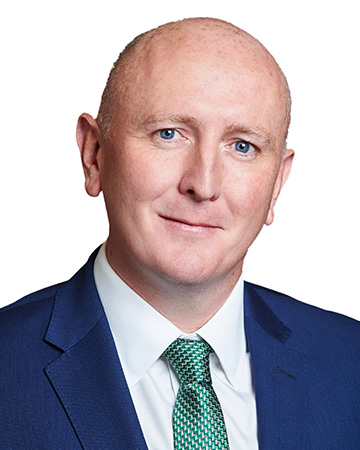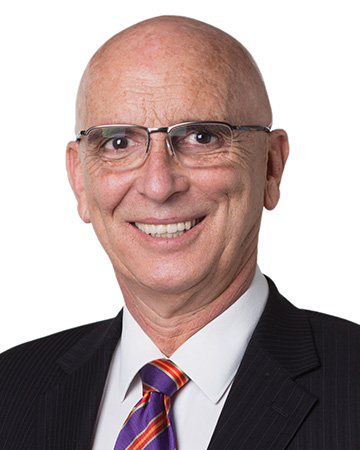
New laws allow for greater participation in medical research
- Guardianship and Administration Amendment (Medical Research) Bill 2023 passes State Parliament
- The range of registered health practitioners who can enrol represented and incapacitated people in vital medical research broadened
- Laws provide for continued access to new and emerging therapies for all Western Australians
Medical researchers and health practitioners will continue to be at the cutting edge of technology and innovation in medical research following the passage of new laws through State Parliament.
The Guardianship and Administration Amendment (Medical Research) Bill 2023 supports the advancement of WA's health system and ensures that all Western Australians - including the most vulnerable members of our community - have access to emerging research therapies.
Provisions allowing represented and incapacitated persons to be enrolled in medical research were first introduced in 2020, in response to the coronavirus pandemic. They provide for medical research and new treatments to be carried out on a person with consent from their decision-maker, or without consent in urgent circumstances.
In its first review of the 2020 laws, the Department of Justice consulted a wide range of stakeholders, including researchers, disability and mental health advocates and the health sector, and found that the medical research provisions have been working well.
It recommended broadening the scope of health practitioners able to undertake medical research under the provisions and removing a sunset clause, which would have ended access to medical research treatments without consent in urgent circumstances from April 2024.
The new laws give effect to those recommendations, deleting the sunset clause and expanding the range of registered health practitioners who can enrol represented and incapacitated adults in vital medical research.
Registered health practitioners who are regulated by the Australian Health Practitioner Regulation Authority and are engaged in research, such as paramedics, nurses and physiotherapists, will provide vulnerable people with access to a better range of new research therapies.
Vulnerable persons are protected by safeguards in the Bill and under the Health Practitioner Regulation National Law. These include that a lead researcher must comply with registration conditions, including scope of practice, accreditation, and professional development. The lead researcher must obtain ethics approval for their research project and an independent medical practitioner - who is not involved in providing treatment or involved or connected to the research - must be independently satisfied that the research will be in the best interests of the person, or not adverse to their interests.
Comments attributed to Attorney General John Quigley:
"There is a lot of vitally important work being undertaken in the field of medical research in Western Australia.
"The new laws will encourage and support more medical research, which ultimately enhances both our public and private health systems.
"It will ensure that our medical researchers and health practitioners remain at the cutting edge of technology and innovation in medical research."
Comments attributed to Medical Research Minister Stephen Dawson:
"Given the Cook Government's focus on supporting and developing important health and medical research in Western Australia, it's imperative there is an appropriate legal framework in place to support the progress being made.
"It's a very exciting period for health and medical research in Western Australia. This sector is dynamic and ever evolving as we push ahead with our agenda to make our State a global hub.
"So I welcome the introduction of these new laws to keep up with the ever increasing amount of medical research now being undertaken here in WA.
"Expanding the scope of health practitioners to undertake medical research projects will not only encourage more researchers to undertake this important work, but also enable represented persons to have access to a wider range of new therapies."



